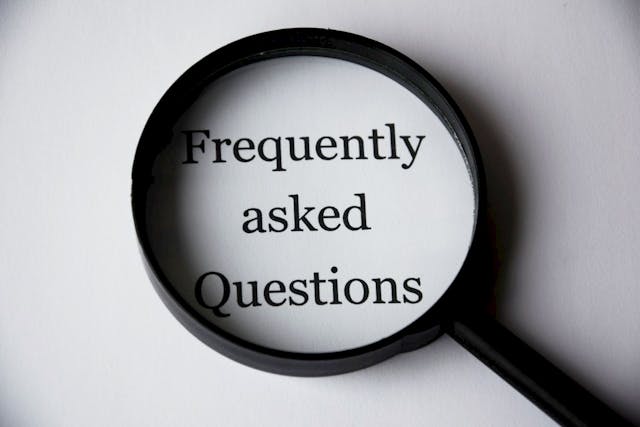Many individuals are unsure what estate planning entails and often have some basic questions they might not ask for fear of looking uninformed. In my estate planning practice, I have found the following five questions common across all types of clients, so I thought putting them in a quick post would be good.
1 Do I really need a will (or estate plan) if I’m not wealthy?
Answer: Yes.
This comes up a lot as some folks believe estate plans are for the rich and famous. Nothing could be further from the truth. Even if your assets don’t include multiple homes, boats and cars, an estate plan will ensure the assets you do have go where you want and can make life much easier for your loved ones. Estate planning also includes decisions about guardianship for kids, healthcare directives, and powers of attorney.
2 What happens if I die without a will?
Answer: The state decides.
Each state has laws (called “intestate succession”) that dictate how your assets are distributed—usually to your closest relatives, in a fixed order. This might not reflect your actual wishes and can create confusion or conflict. Clearly, it is not good for your loved one if you die without a legal will.
3 What’s the difference between a will and a trust?
Answer: A will takes effect after death; a trust can be active while you’re alive.
Trusts help avoid probate (court involvement), maintain privacy, and can be more flexible, especially for managing assets over time or for specific purposes (e.g., special needs, minors). A conversation with an experienced estate planning attorney can help you decide if a will (and a few other legal instruments) is sufficient or if you and your loved ones will benefit from a trust.
4 How can I avoid probate?
Answer: Use tools like living trusts, joint ownership, and beneficiary designations.
Probate can be slow and public. Many people use revocable living trusts, payable-on-death accounts, and transfer-on-death deeds to pass assets outside of probate.
5 Who should I choose as my executor, trustee, or power of attorney?
Answer: Someone responsible, trustworthy, and capable.
These roles carry a lot of responsibility. Choose someone who’s organized, understands your wishes, and can communicate clearly with family members. Sometimes, a neutral third party (like a professional fiduciary or attorney) is best.
I hope this post has been helpful. You might have a lot of questions about estate planning and how it can benefit you and your family. As an estate planning attorney, I have many tools available to ensure your will and estate plan are customized to exactly what you want. You will enjoy enormous peace of mind once your plan is completed, knowing you’ve done everything possible to protect your hard-earned assets and loved ones. Please call me to help you update or create your plan. My number is 513-399-7526. Or, if you prefer, visit my website, www.davidlefton.com, and schedule our meeting directly from there.



